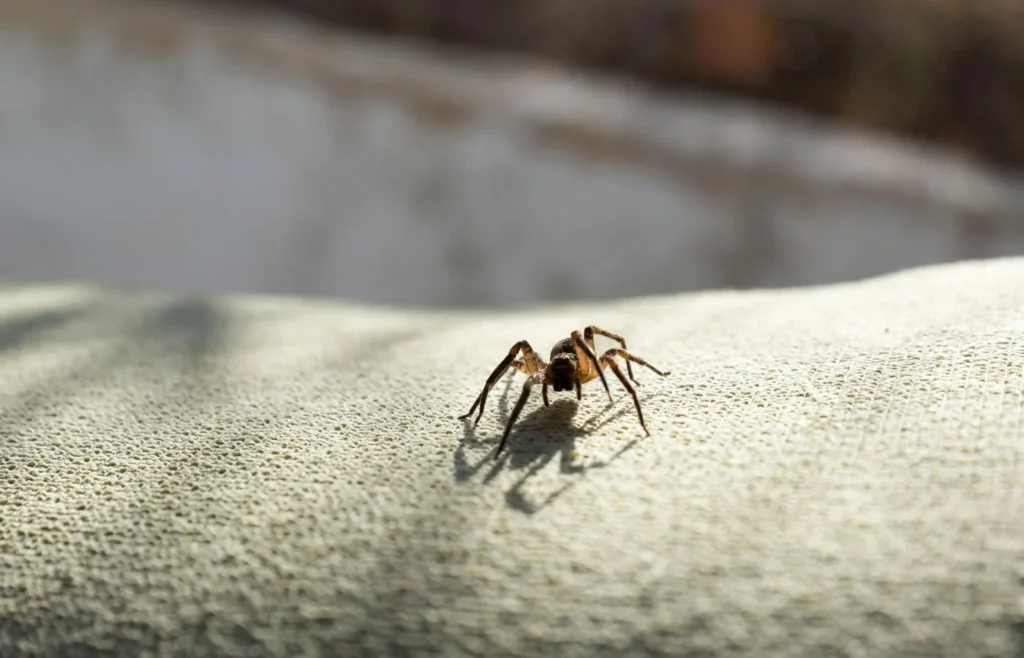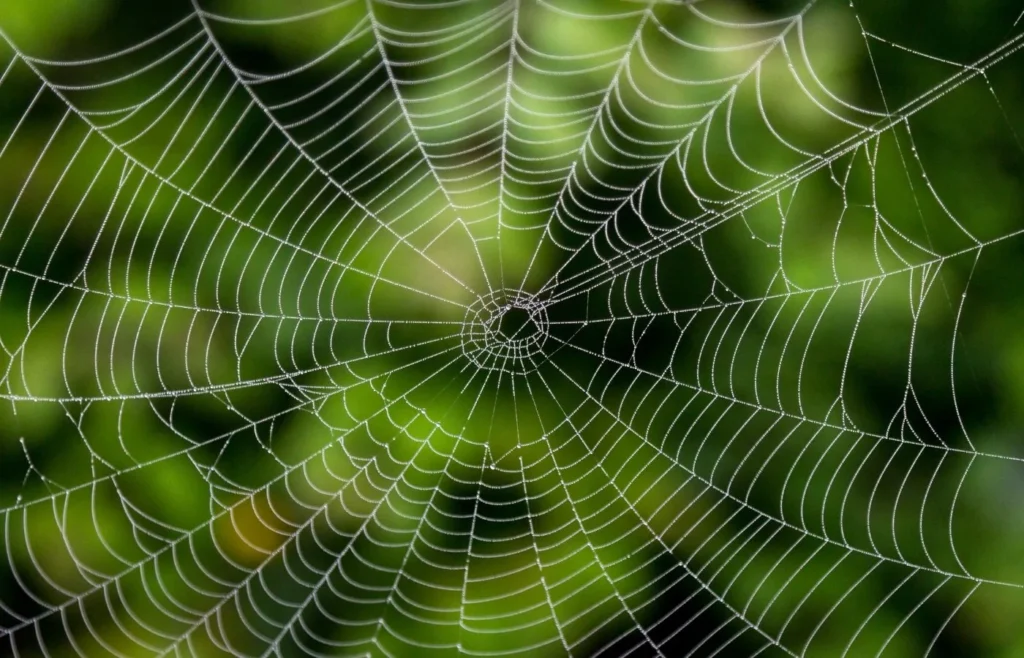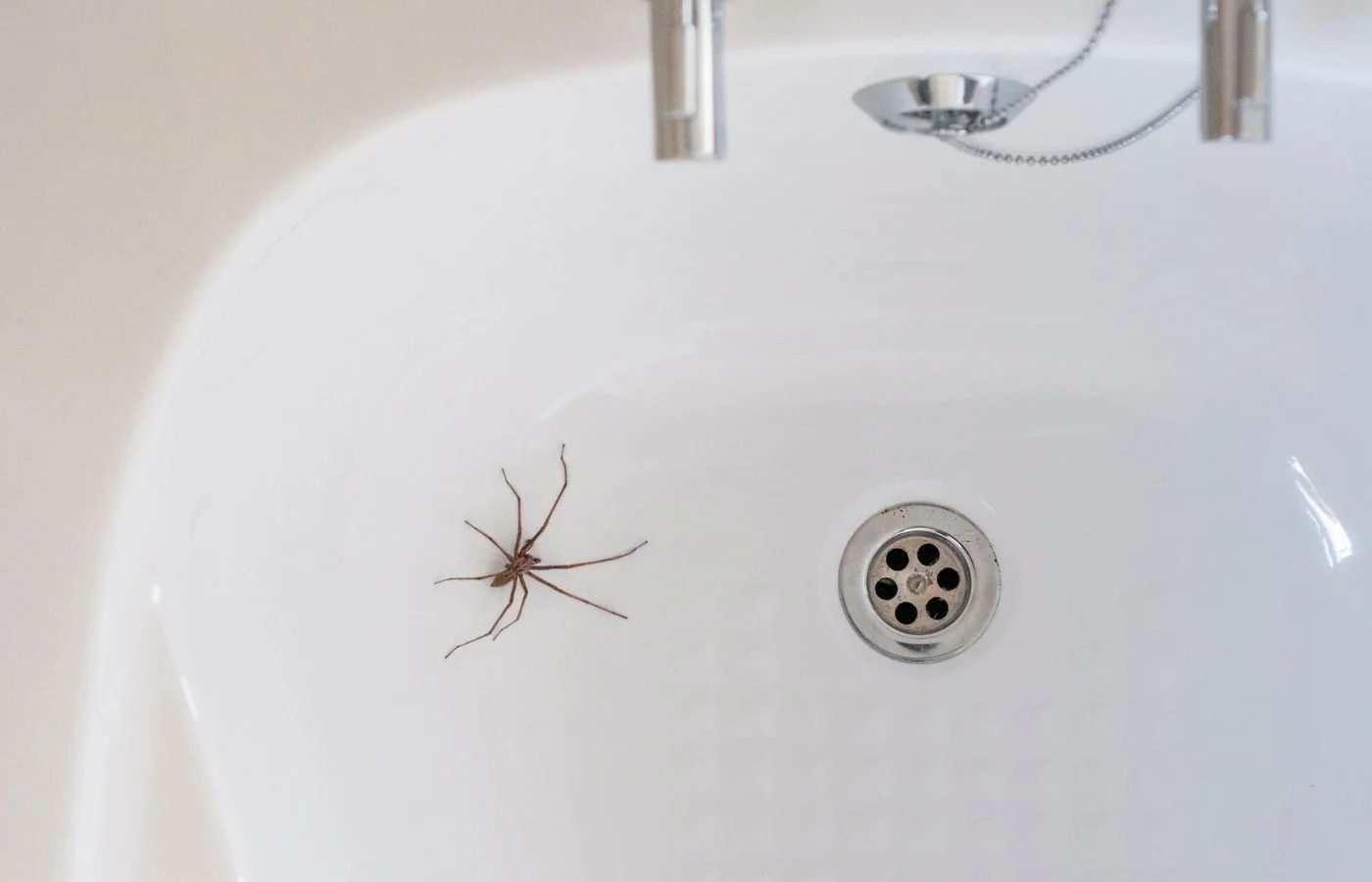Spiders, these small eight-legged creatures, often have mixed reactions in humans. Although they play a vital role in the ecosystem by regulating insect populations, their presence in our homes can be uncomfortable for some. In this article, we will explore the reasons for their intrusion into our homes and discover natural and effective ways to keep them away while preserving ecological balance.
Why do these eight-legged little beasts invite themselves to our house?
Spiders do not choose our homes by chance. They find a suitable environment for their survival, providing shelter, food and favourable conditions. The heat and humidity of our interiors are particularly attractive, especially when outside temperatures drop.
In addition, our homes are full of insects that spiders feed on. Cracks, dark corners and unfrequented areas are ideal hiding places for these arachnids.
Understanding these factors helps us to better understand their presence and find appropriate solutions to keep them at bay.

Say goodbye to spiders with these eco-friendly tips
To get rid of spiders without using harmful chemicals, we have several natural solutions. Natural repellents such as peppermint essential oil or diluted white vinegar can be effective. These substances repel spiders without killing them, thus preserving the ecological balance.
Another method is to place repellent plants such as lavender or basil near potential entrances. These plants emit odors that spiders dislike, prompting them to seek refuge elsewhere.
Let’s not forget that the goal is not to eradicate these useful creatures, but to encourage them to stay outside.
Adopt these habits to keep spiders at bay
Prevention is better than cure. To keep spiders out of your home, you can adopt certain habits on a daily basis. Regular cleaning of dark corners, baseboards and window sills discourages spiders from settling. Eliminating the canvases as soon as they appear sends a clear message: this place is not welcoming for them.
Also, be sure to reduce spider food sources by monitoring insect populations in your home. Install mosquito nets on windows and seal cracks to limit the entry of insects. A less favourable environment for spider prey will naturally encourage them to look elsewhere.
Create your own homemade spider spray
Making a spider repellent is simple and economical. Mix water with a few drops of citronella or tea tree essential oil in a spray bottle. This natural solution can be sprayed around windows, doors and corners that may attract spiders.
An alternative is to brew a tea of mint or chestnut leaves. Once cooled and filtered, this preparation can be used as a repellent spray.
These environmentally friendly methods keep spiders at bay without harming your family or their health.
Spider aversions: what makes them run away
Spiders have strong preferences and aversions. They particularly dislike strong odors and smooth surfaces. Citrus, eucalyptus and vinegar are among the scents that effectively repel them. Using these elements strategically can create an unattractive environment for the arachnids.
Spiders also avoid clean and tidy spaces. An orderly interior with few dark or cluttered corners keeps them from settling down.
By understanding what keeps spiders away, we can adapt our environment to naturally discourage them without using aggressive methods.

The perfumes that make our eight-legged friends go
Some odors have a particularly powerful repellent effect on spiders. Peppermint essential oil is distinguished by its effectiveness. Its fresh and intense scent acts as a true olfactory shield, deterring spiders from venturing into the treated areas.
Other fragrances such as lavender, lemon or cedar are also effective. These smells, pleasant for us, create an invisible barrier that spiders hesitate to cross.
Incorporating these scents into your cleaning routine or using natural diffusers can help maintain a spider-free living space while maintaining a pleasant atmosphere.
Additional tips for a spider-free home
Beyond the methods already mentioned, other tips can strengthen your spider strategy. Make sure you regularly inspect the outside of your home to see and block potential entrances. Cracks in walls, gaps around pipes and openings under doors are all points of access to secure.
Also consider attracting natural predators of spiders to your garden. Birds, for example, are very fond of spiders. Installing feeders or nesting boxes can encourage their presence and help to naturally regulate the spider population around your home.
This ecological approach helps maintain a balance that is beneficial to your environment.

